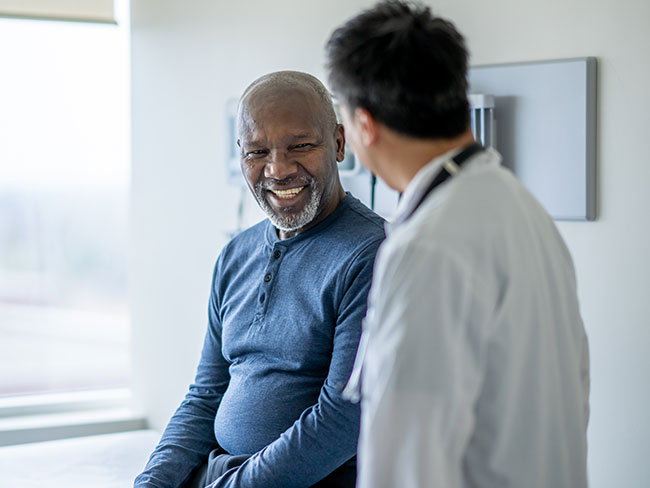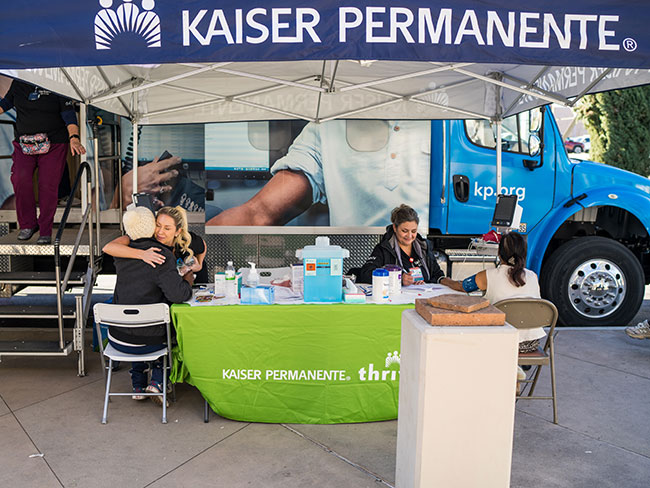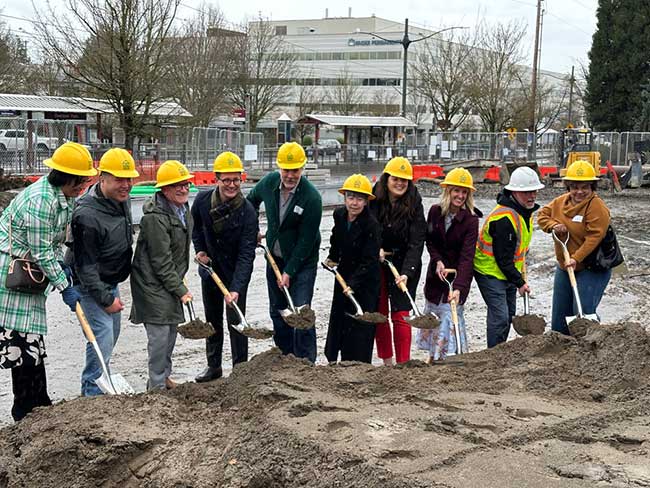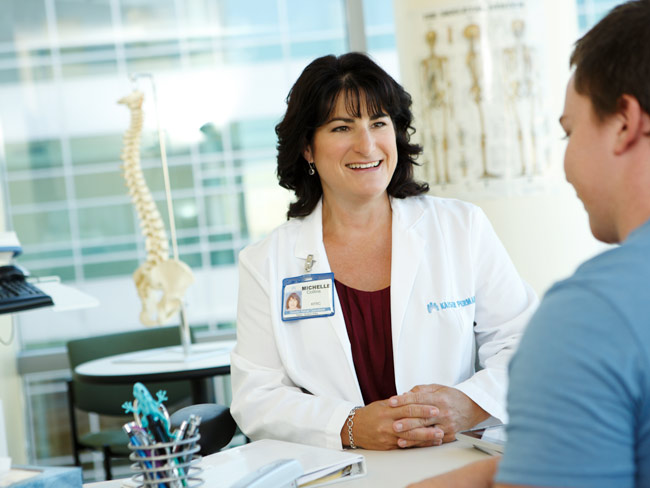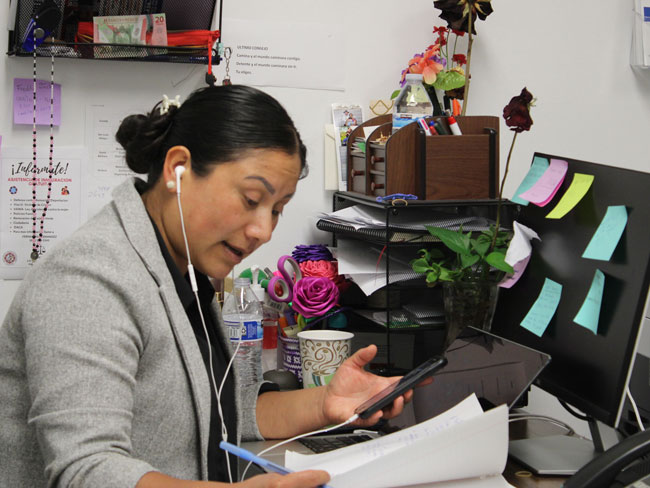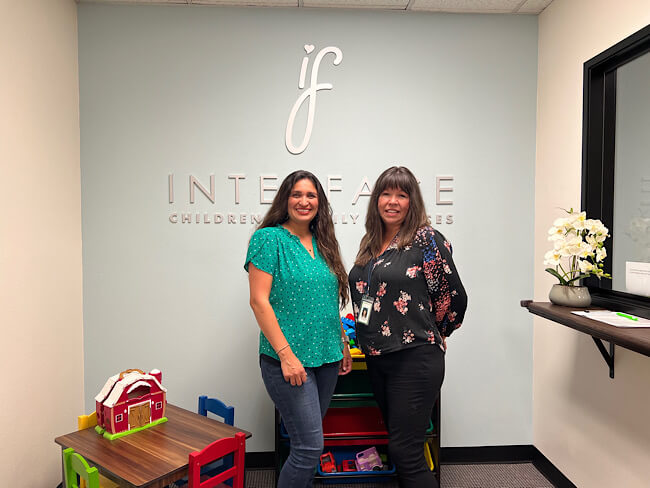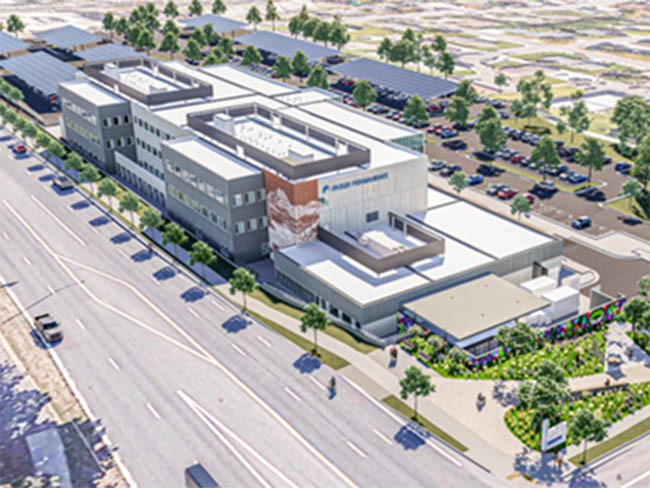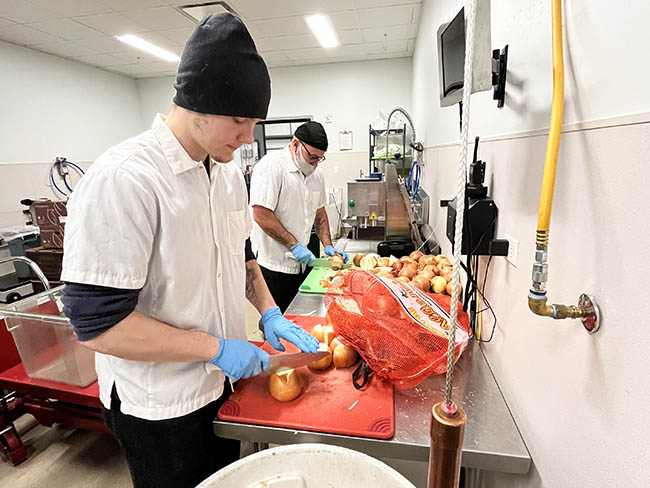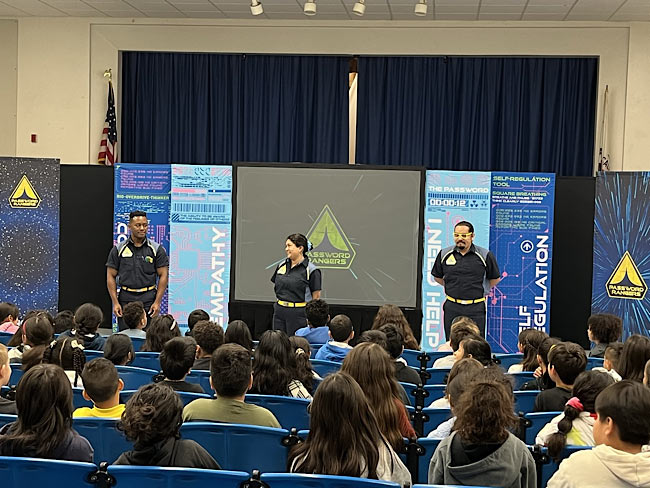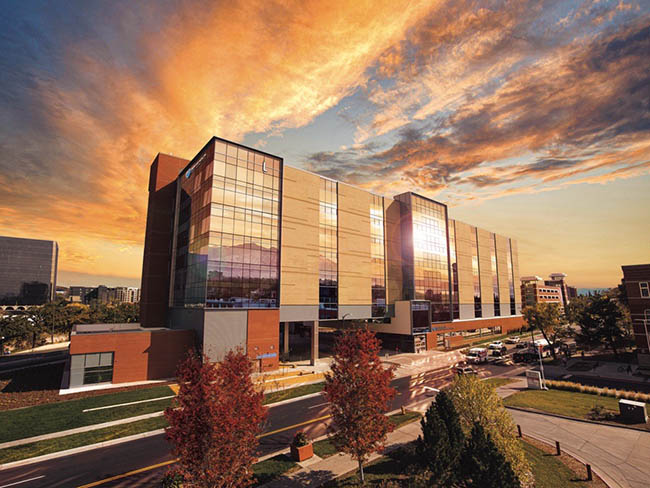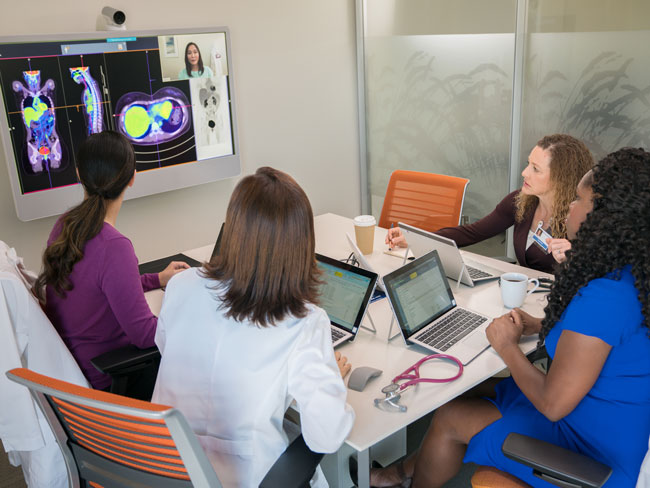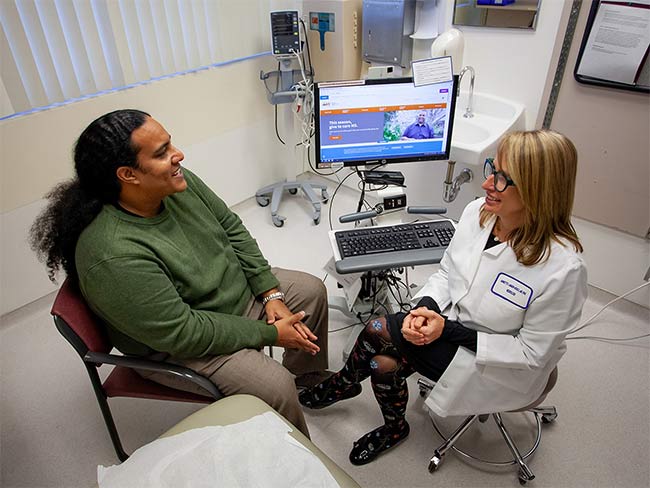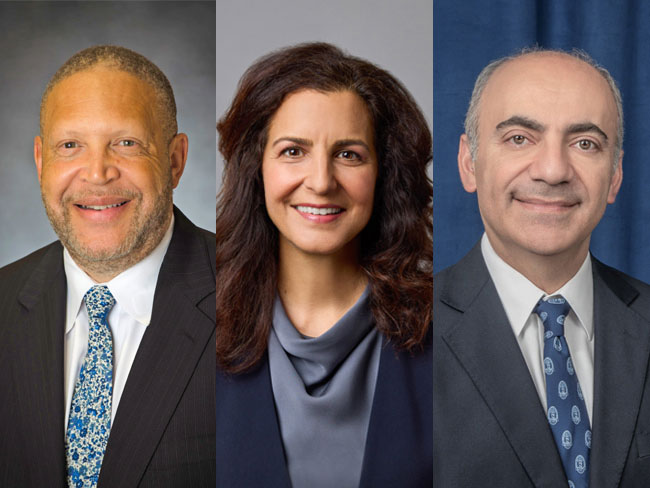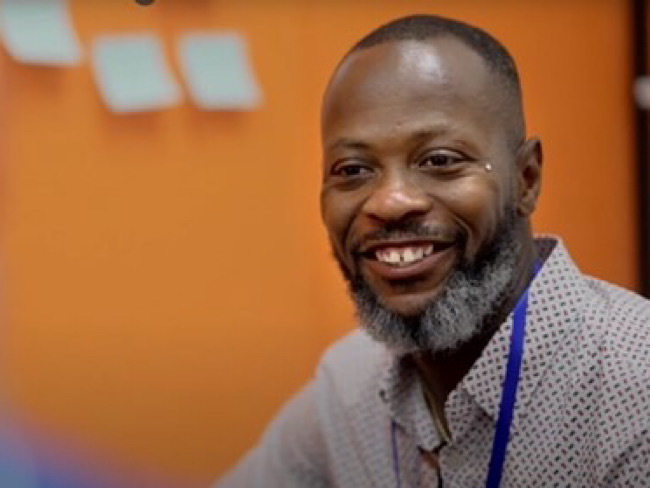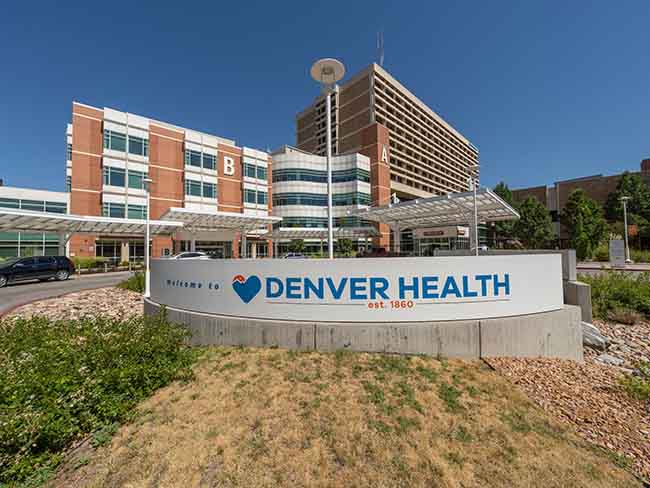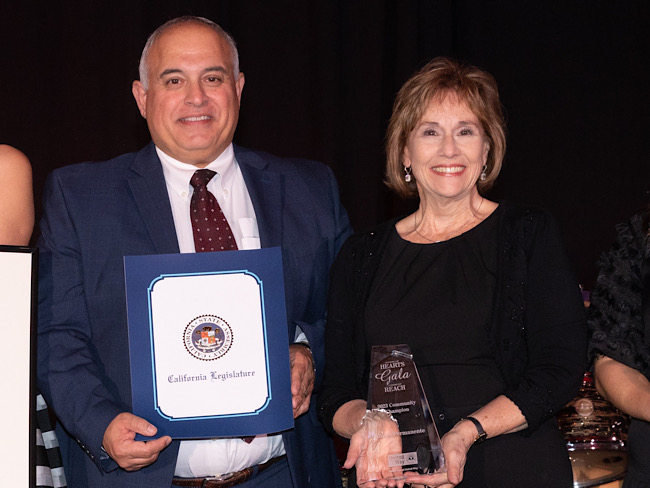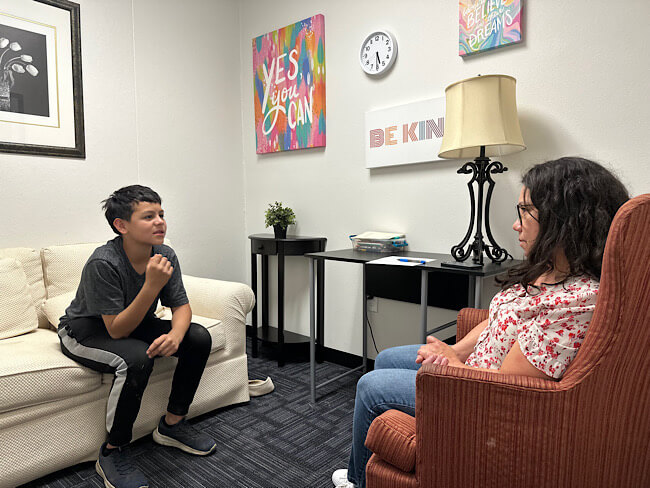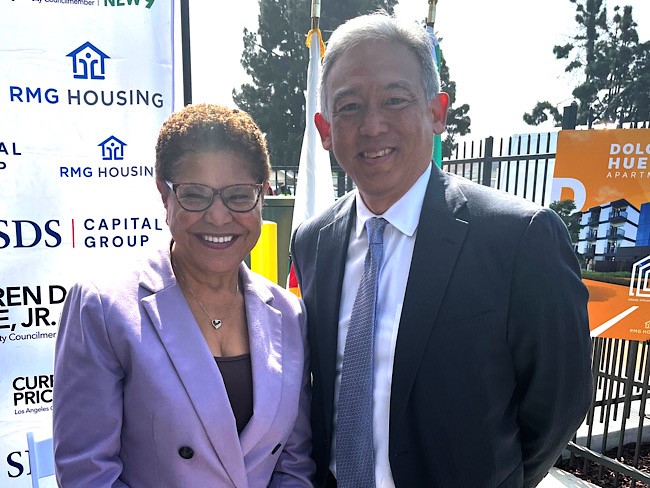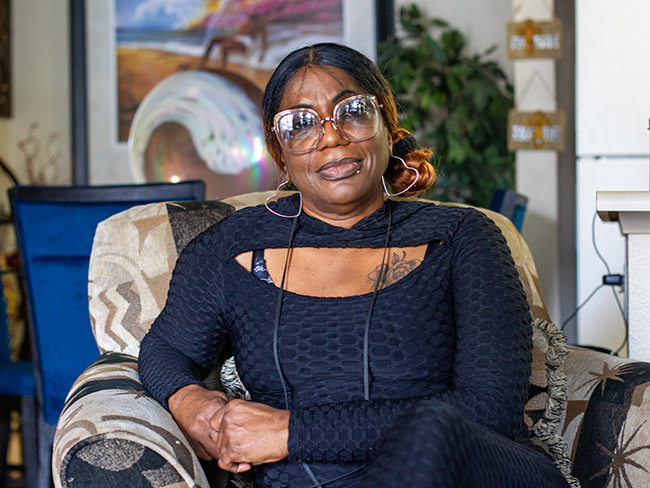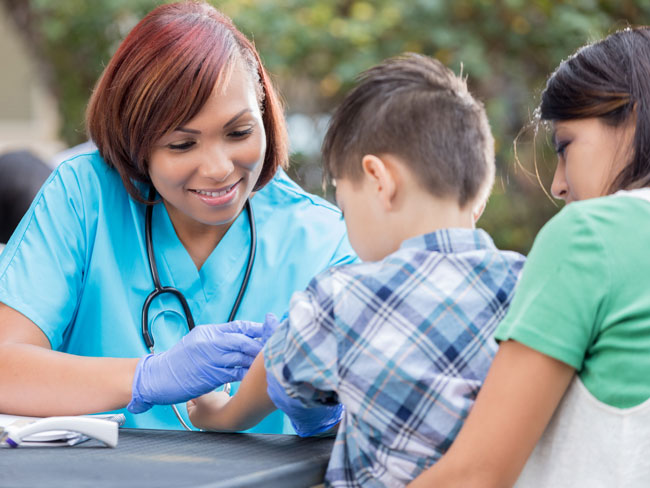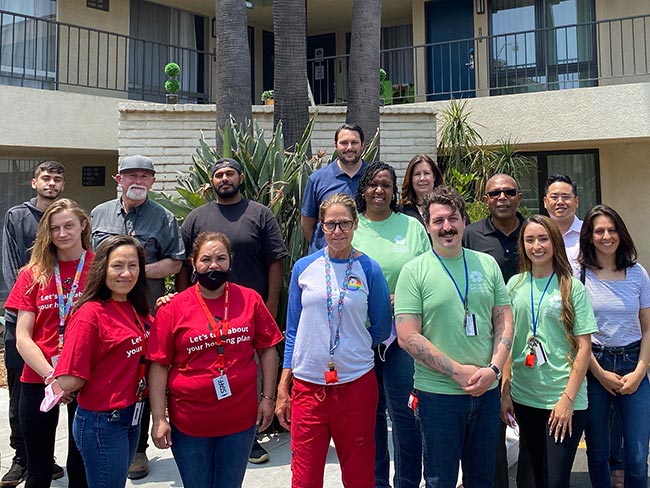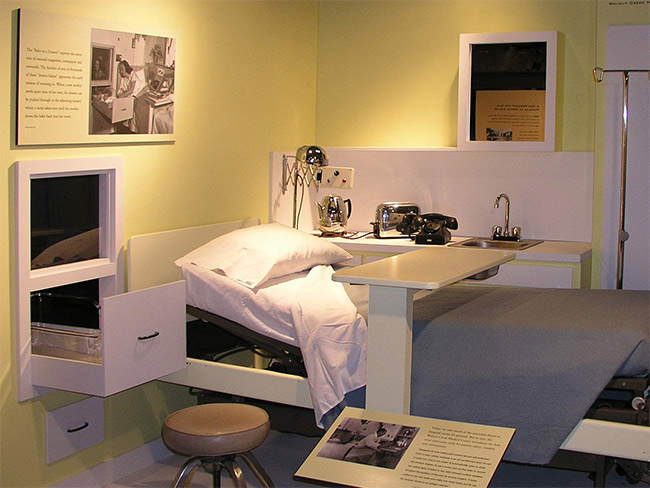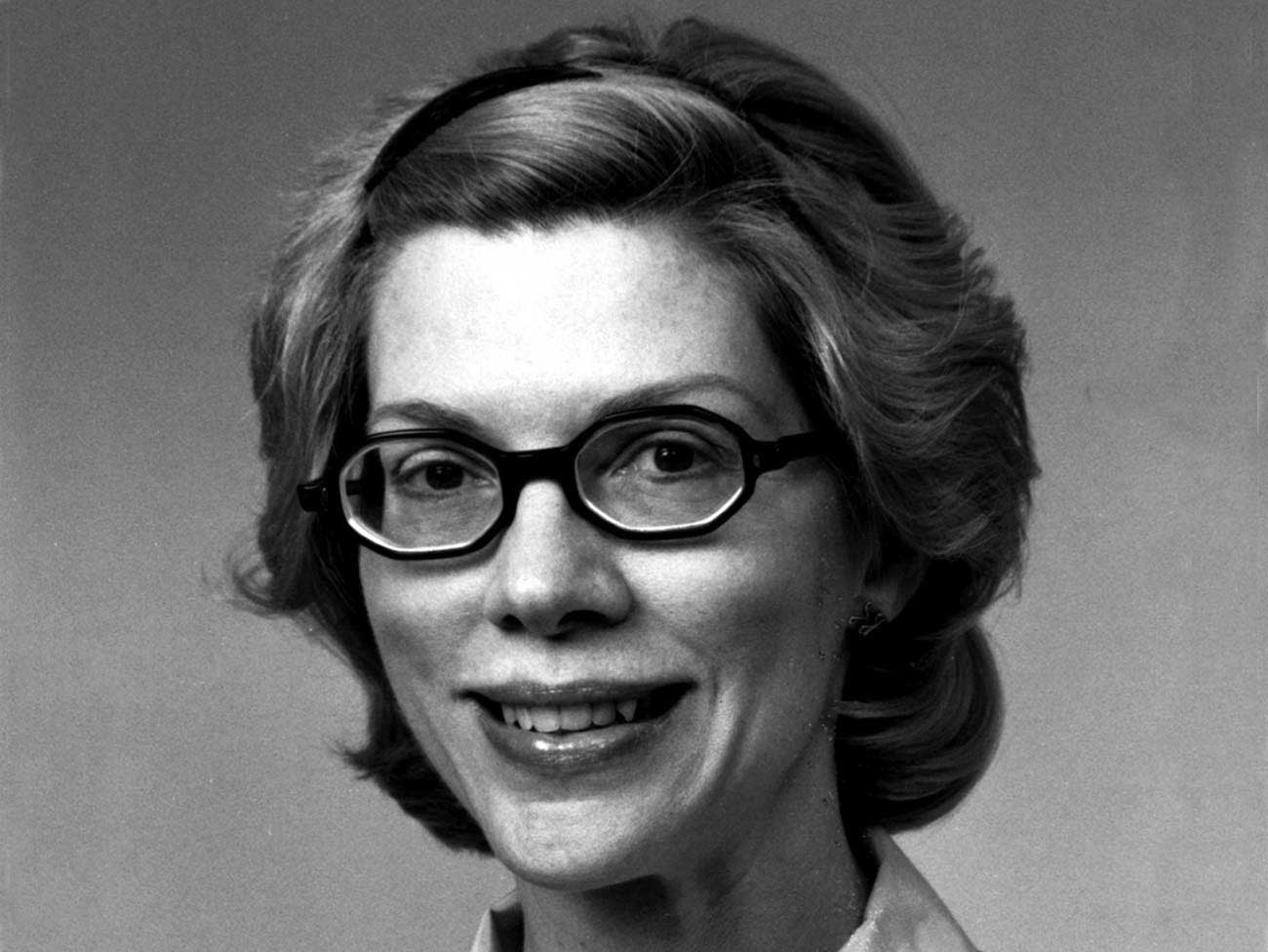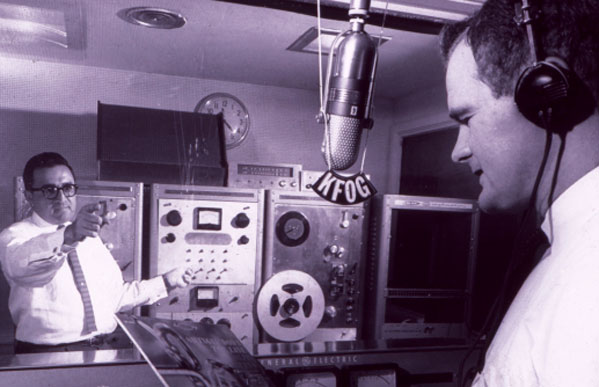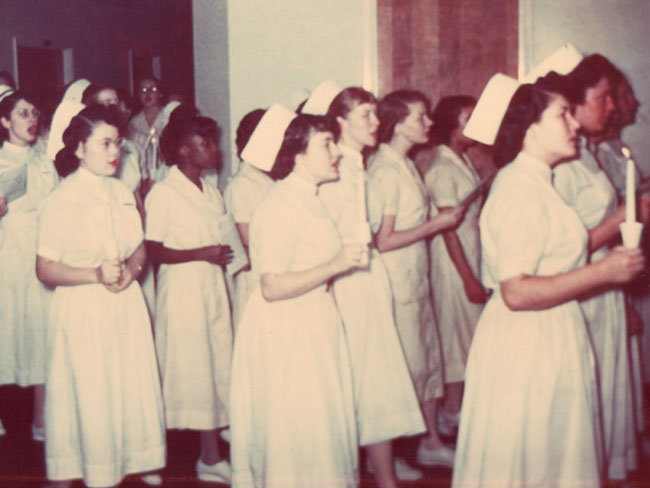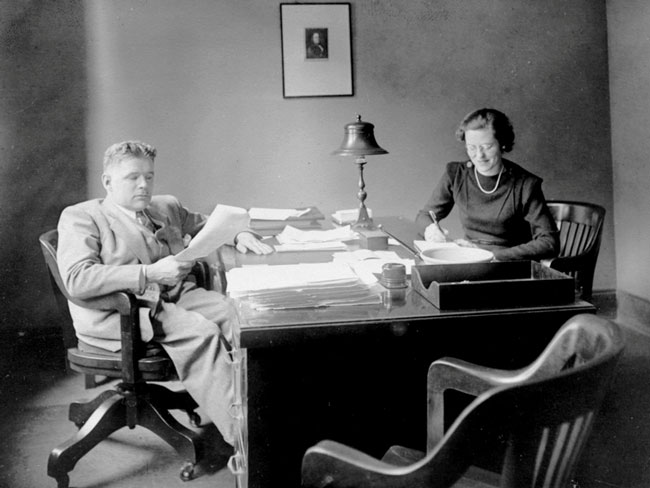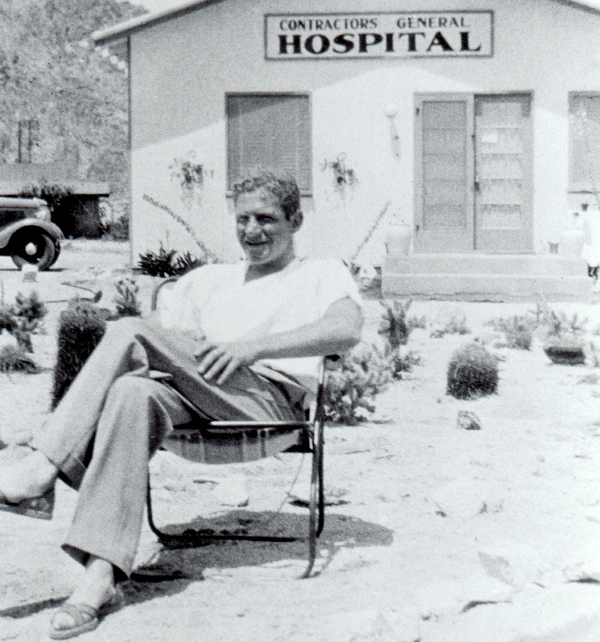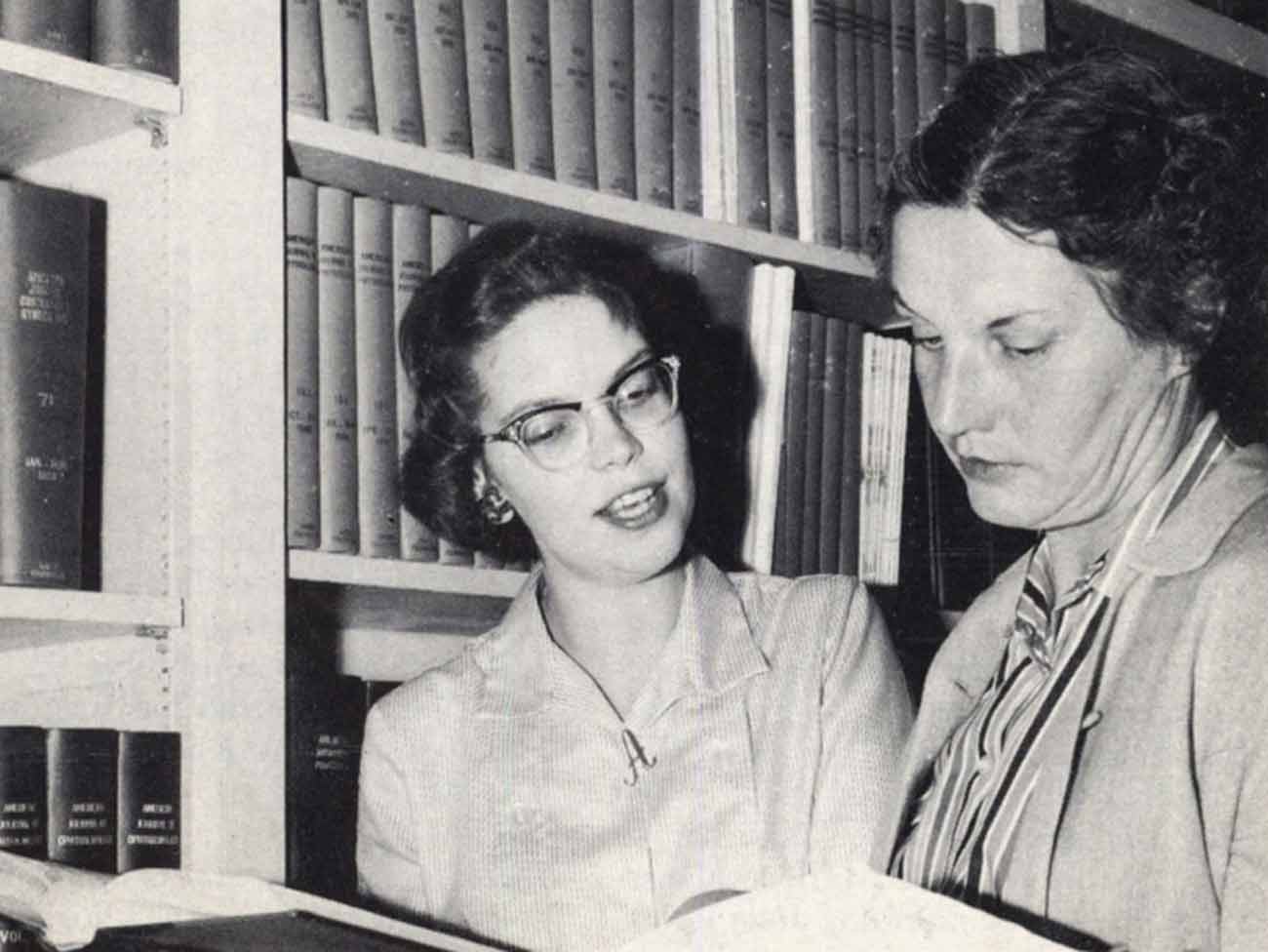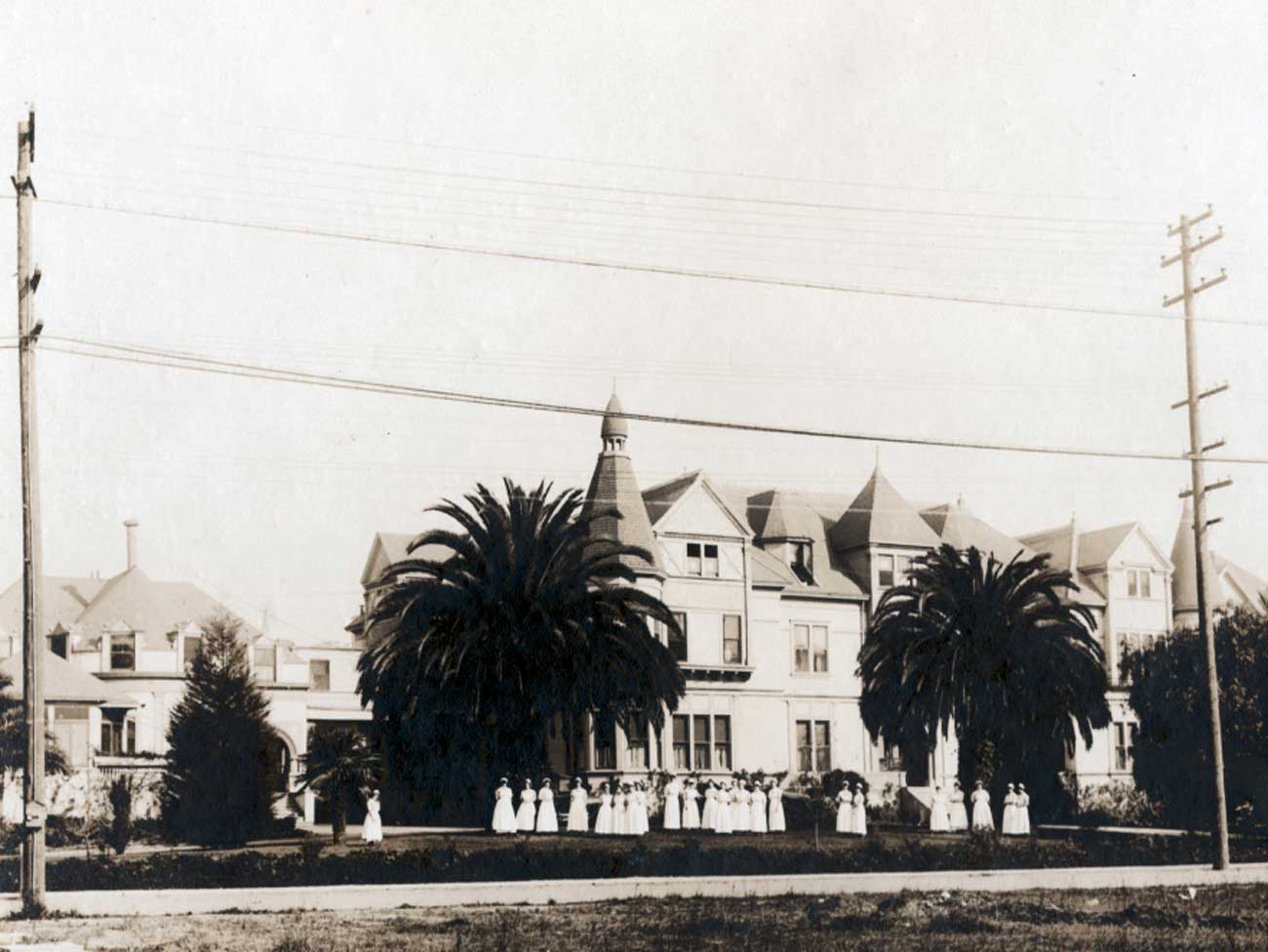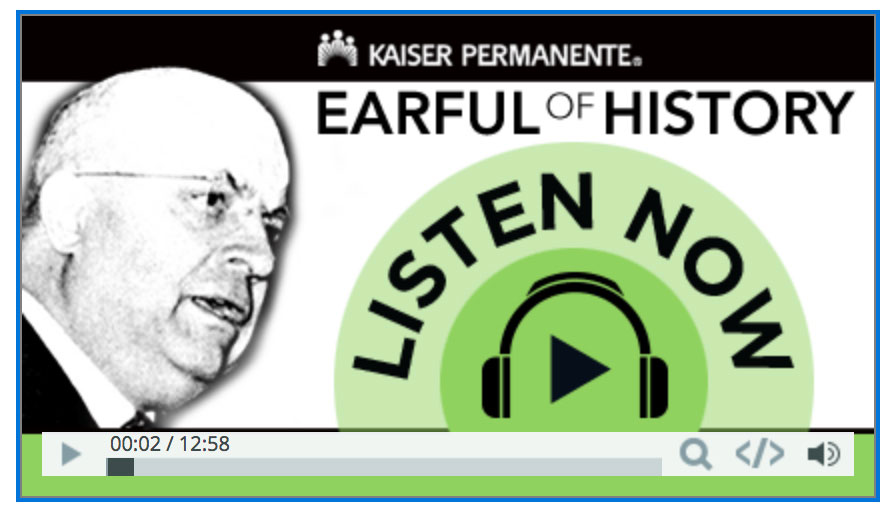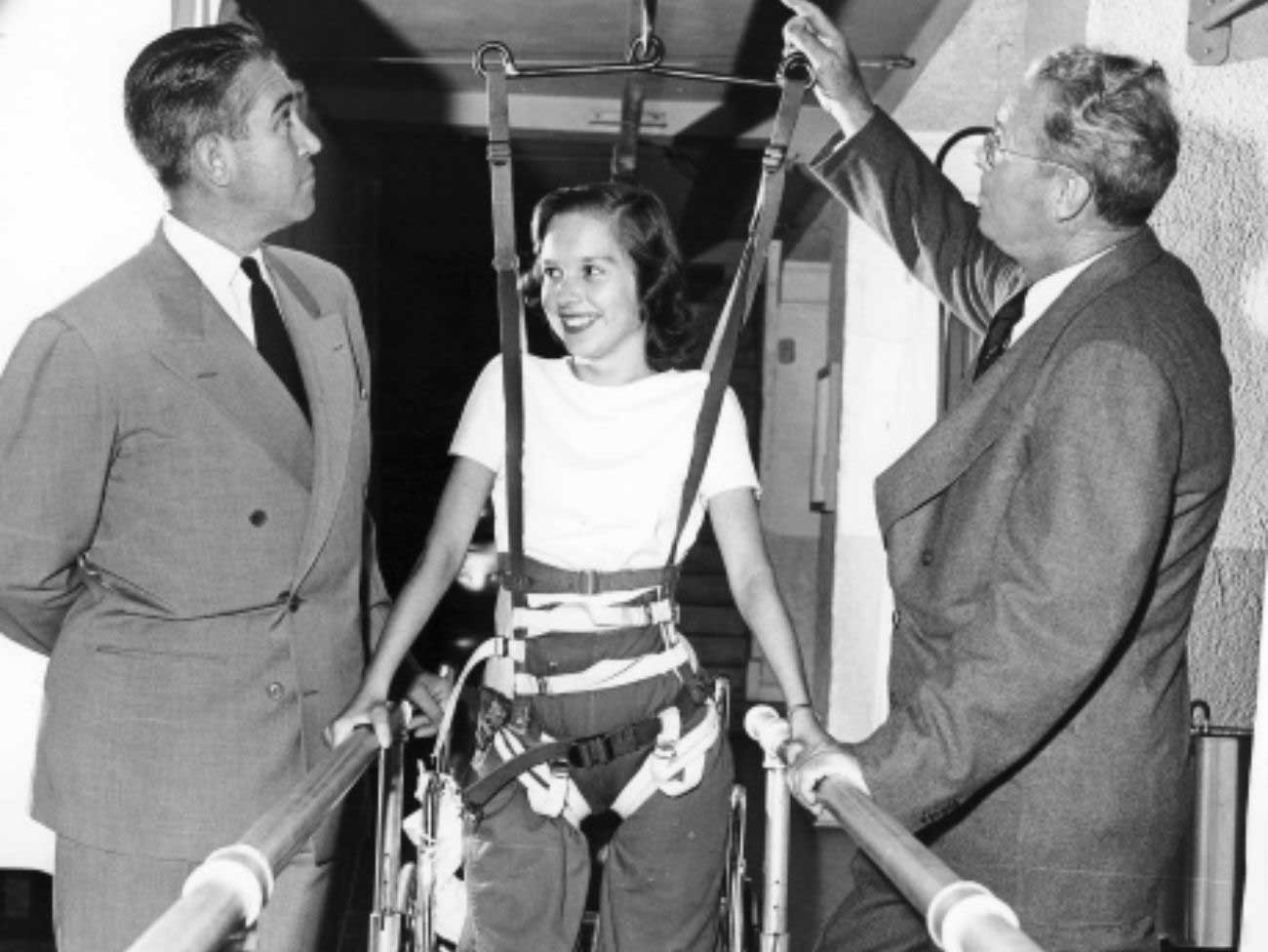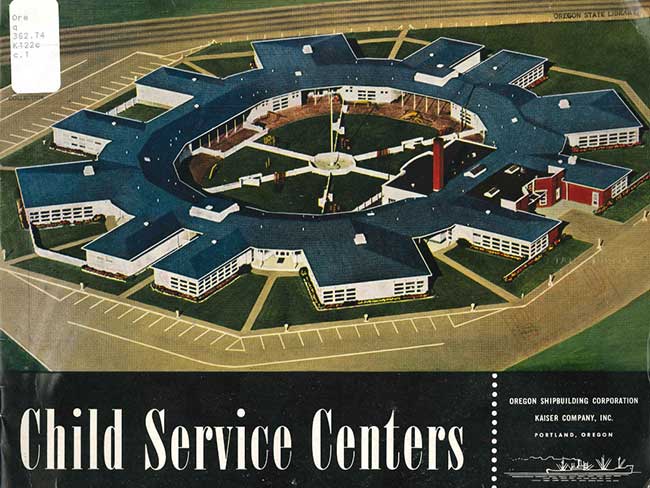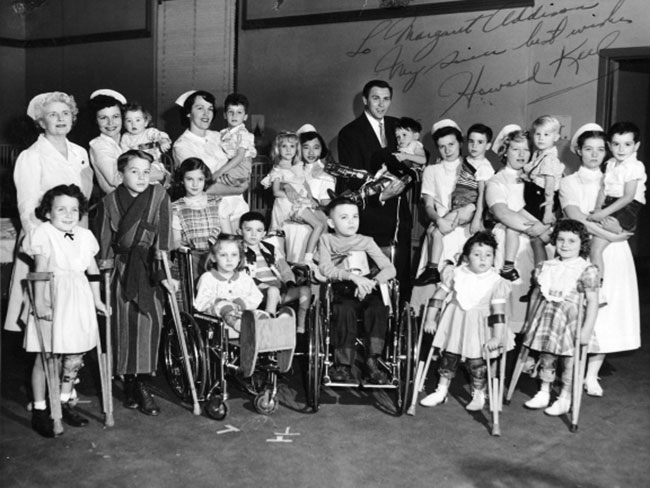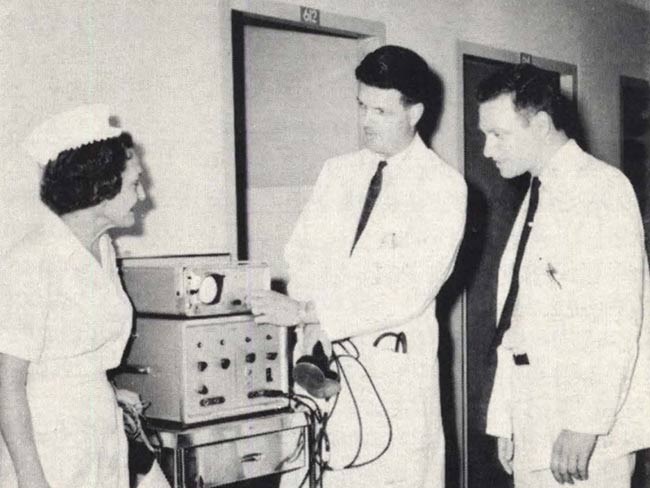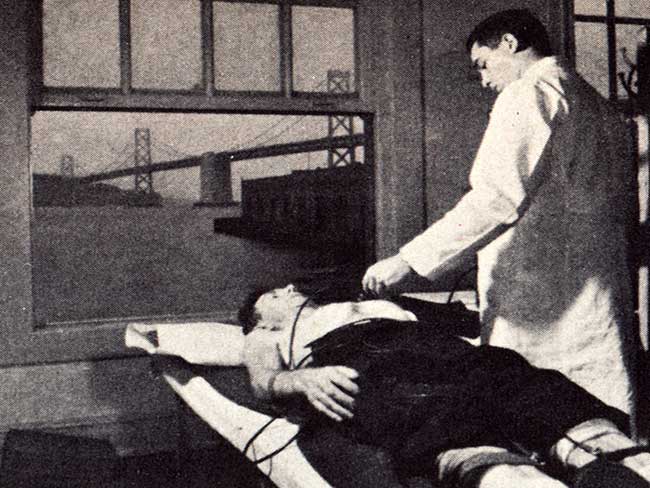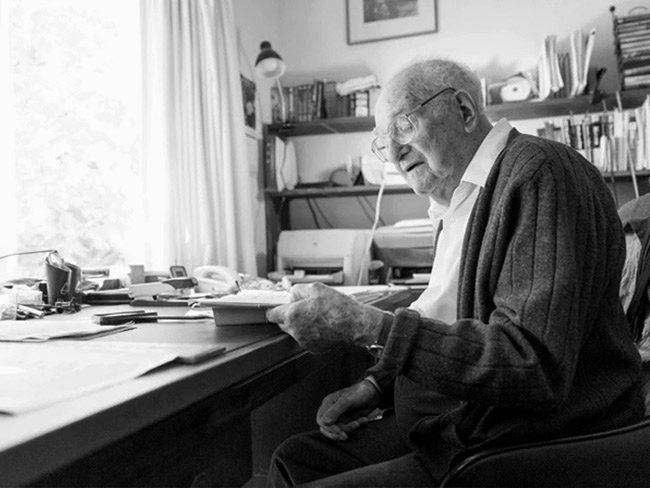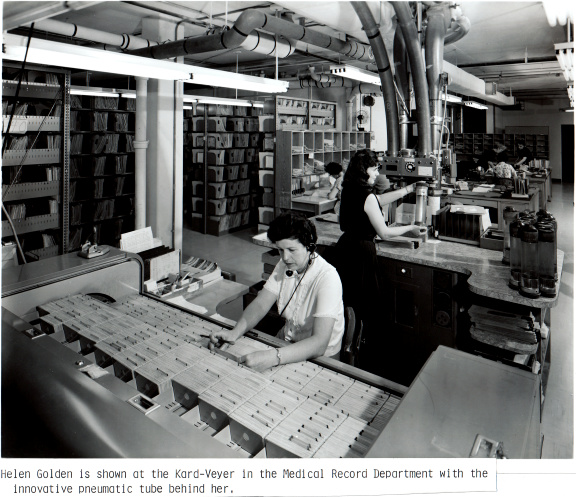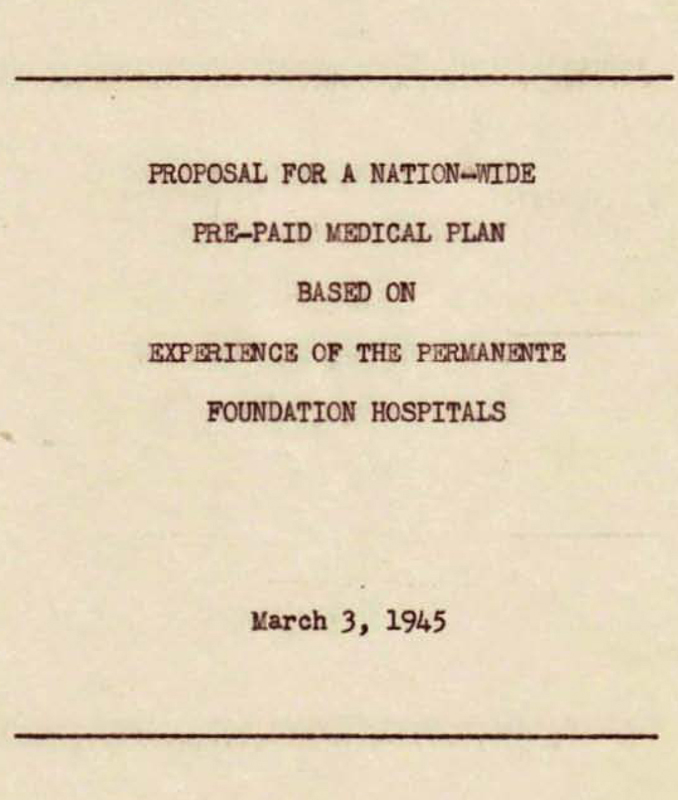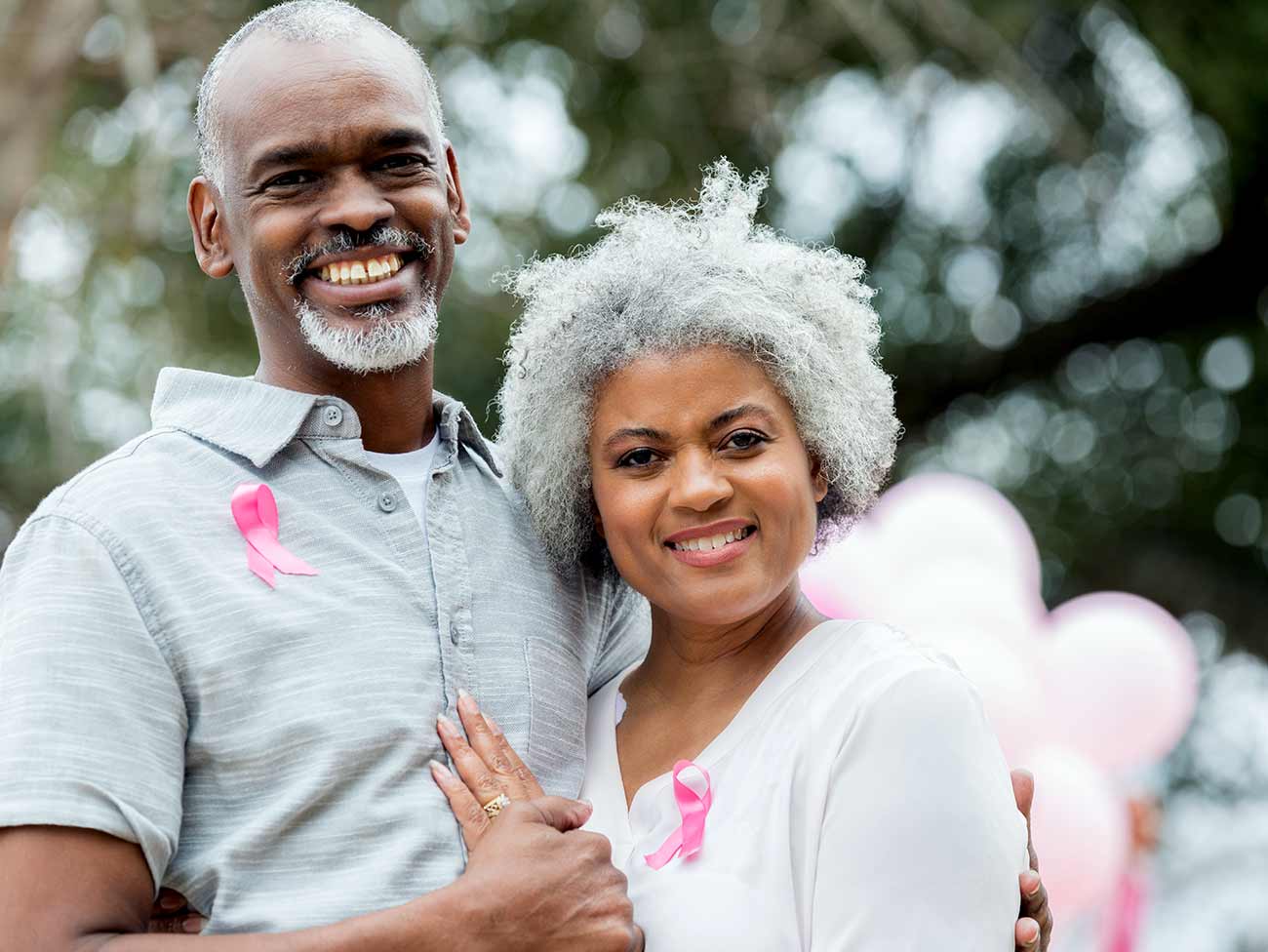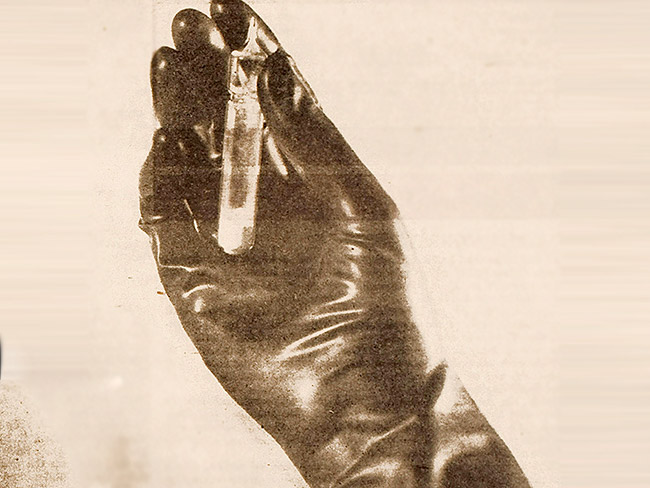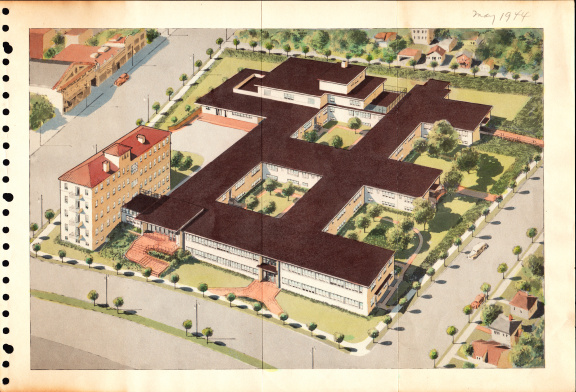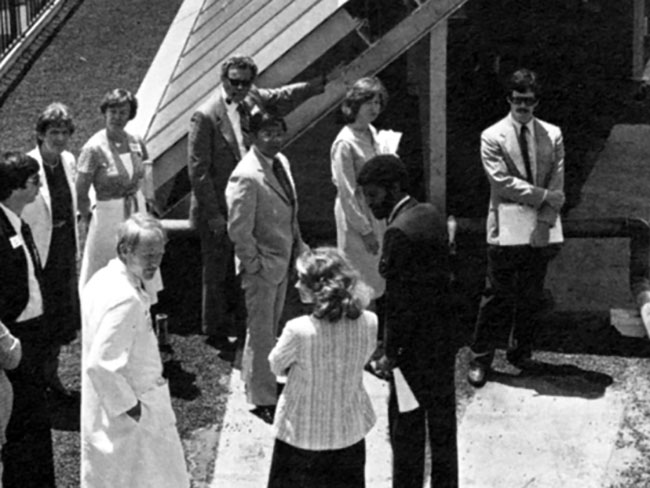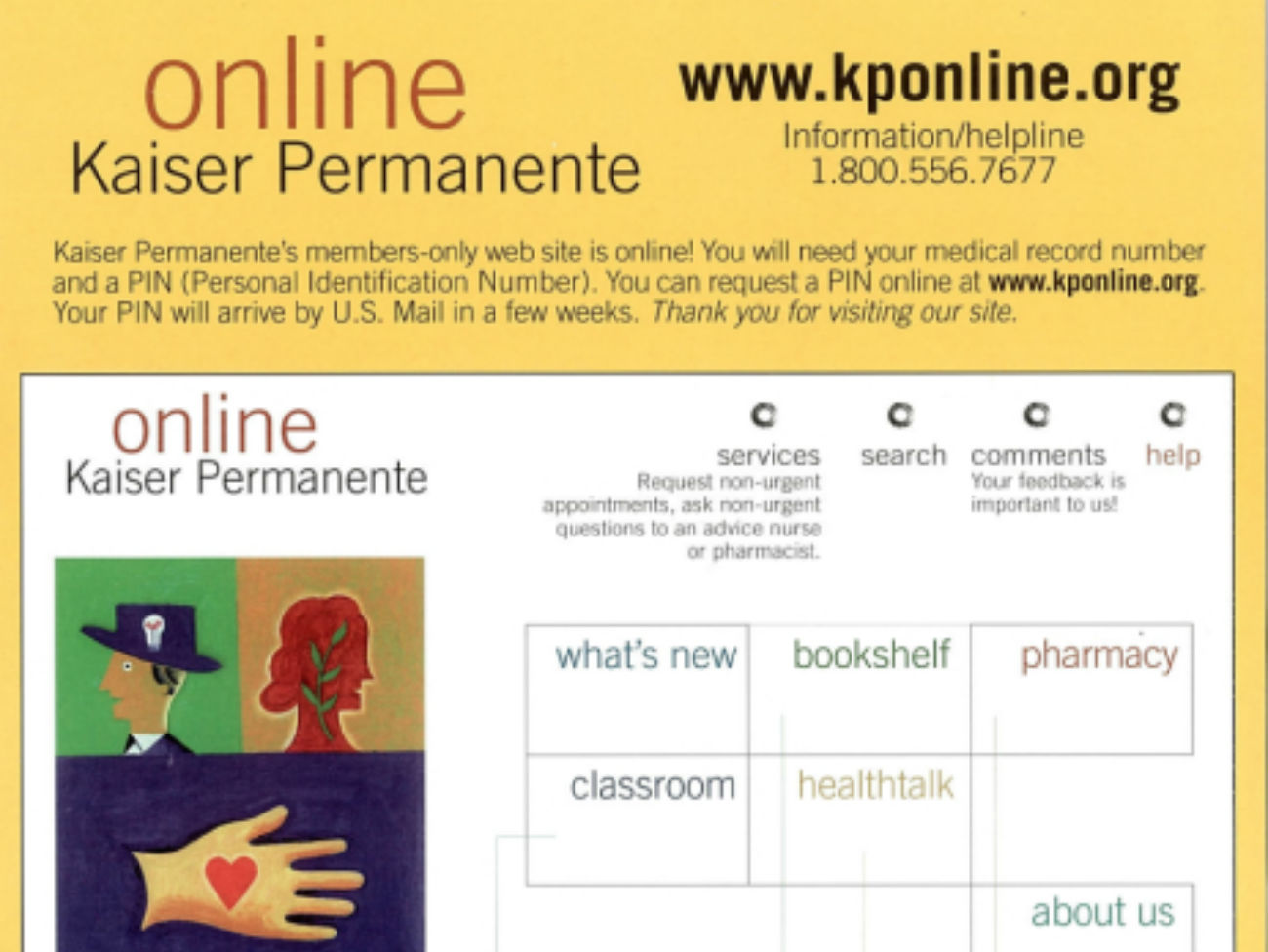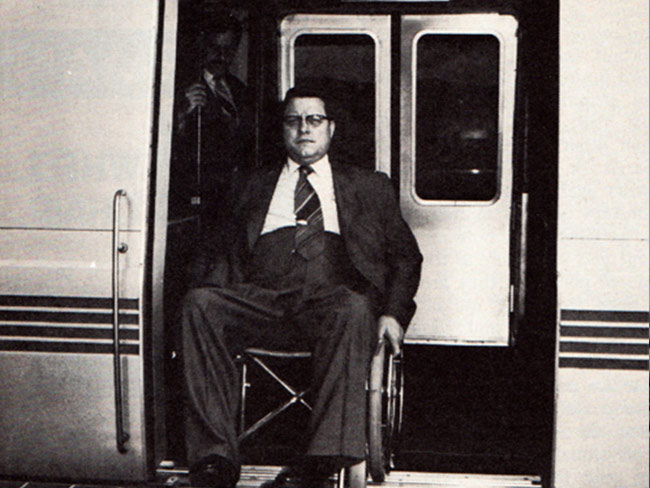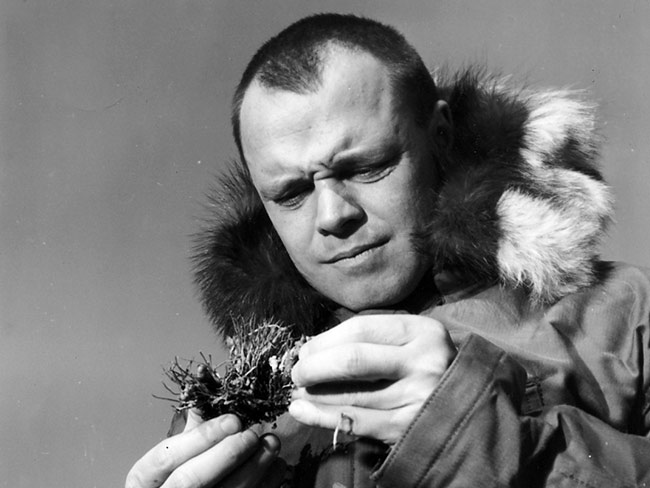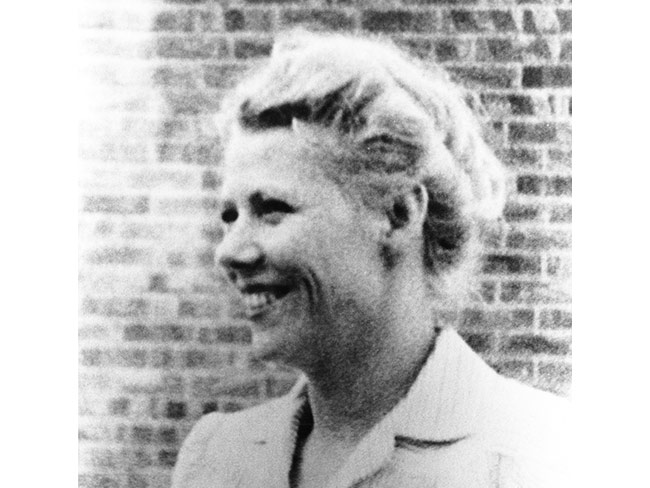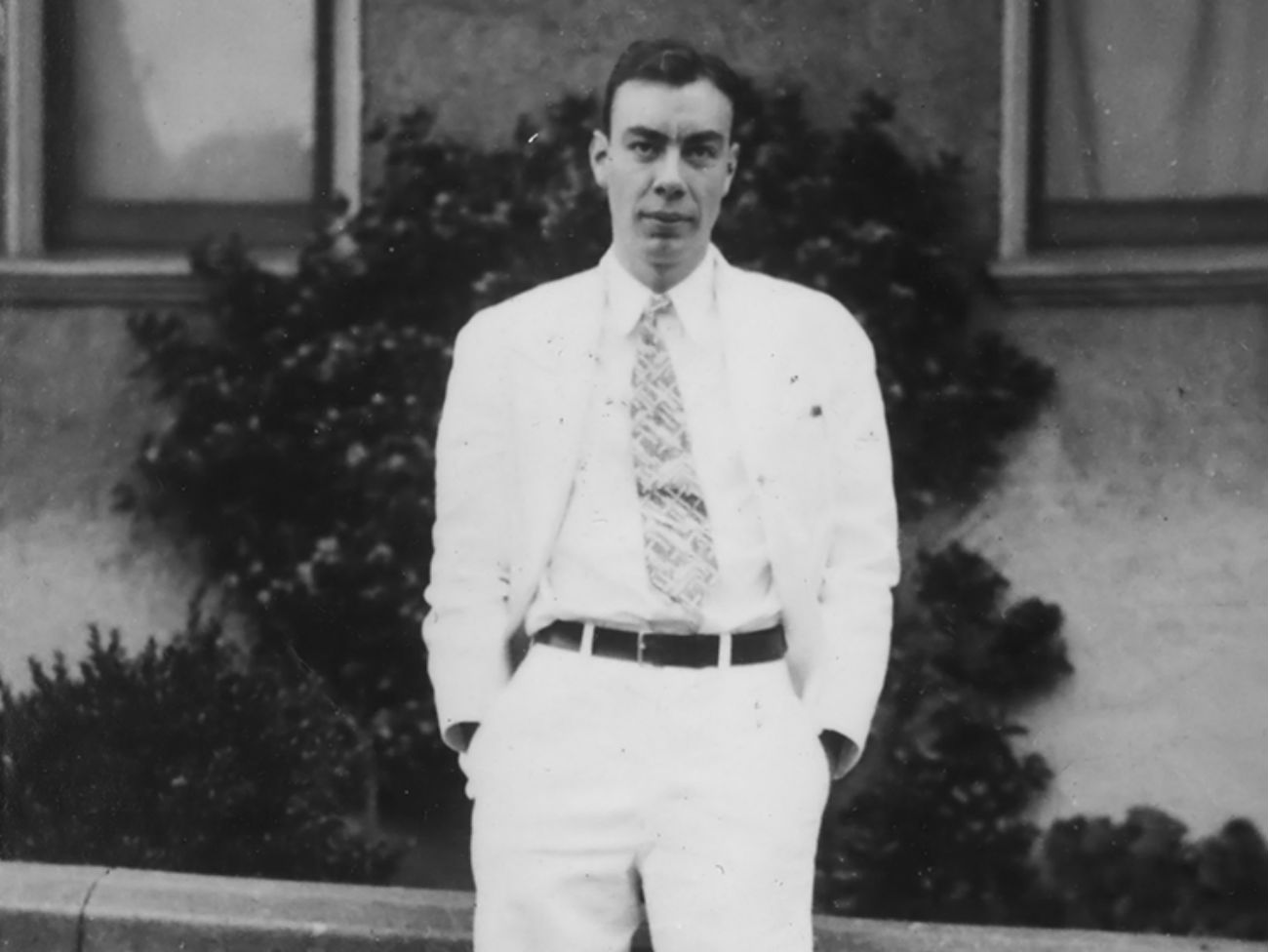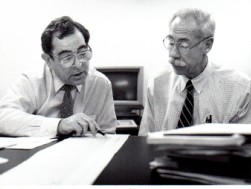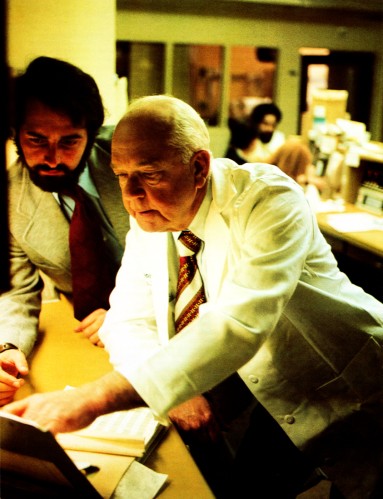Health Action Summit highlights mental health opportunities
The Kaiser Permanente Colorado Health Action Summit gathered nonprofits, school officials, and policymakers.
Cerise Hunt, PhD, kicks off a panel discussion on the state of the mental health workforce. Panelists on the stage are (left to right): Kate Scrimshaw Hall, Lori Stalcar, Micki Burns, PhD, Rossina Schroeer-Santiago, and Laura Patke.
Community health efforts across Colorado are receiving important attention, and the results should include better coordination and collaboration across the state.
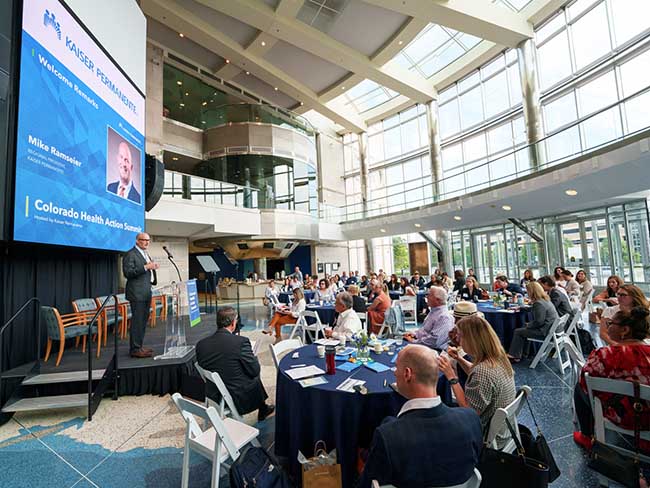
Mike Ramseier, regional president of Kaiser Permanente in Colorado, welcomes attendees to the 2024 Colorado Health Action Summit.
Kaiser Permanente in Colorado hosted nearly 100 people representing community organizations, nonprofits, and governments for the Colorado Health Action Summit at the University of Denver’s Cable Center in June 2024.
The event showcased community health efforts in Colorado, with a focus on mental health. The summit featured sessions on closing gaps in the mental health workforce and bolstering social and emotional resilience in schools.
Mike Ramseier, regional president of Kaiser Permanente in Colorado, spoke to the group about how their work aligns with Kaiser Permanente’s mission.
“We exist to provide high-quality, affordable health care services, and we exist to improve the health of the communities we serve,” said Ramseier. “As we carry out that mission, we are most effective when we work alongside organizations like you.”
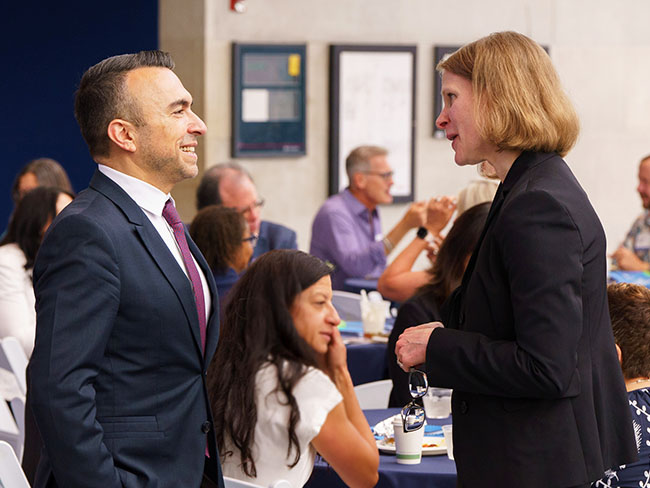
Bechara Choucair, MD, executive vice president and chief health officer at Kaiser Permanente, networks with Sara Schmitt, CEO of the Colorado Health Institute.
Community health and individual health are both key parts of Kaiser Permanente’s expanded view on overall health, said Bechara Choucair, MD, executive vice president and chief health officer at Kaiser Permanente.
“At Kaiser Permanente, we believe that helping people get and stay healthy means focusing on their physical health, their mental health, and their social health,” said Dr. Choucair. “We also think about conditions for health and equity in our communities, because if we don’t, we won’t be able to help people live the lives that they want to live.”
Mental health solutions
Rates of poor mental health have been consistently higher since the pandemic, according to the Colorado Health Institute’s Health Access Survey. And a report from the Colorado Behavioral Health Administration shows a shortage of mental health care workers.
“Meeting these challenges will take creative solutions. It will take health providers, safety net clinics, nonprofits, government, and others all working together,” said Greg Berman, MD, executive medical director and vice president of Kaiser Permanente in Colorado. “I’m excited to see how we can collaborate going forward.”
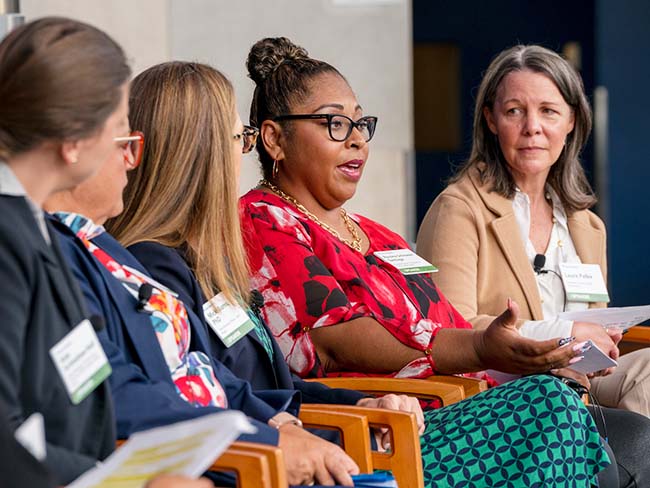
Panelist Rossina Schroeer-Santiago, CEO of the Therapist of Color Collaborative, discusses Colorado’s mental health workforce shortage.
During a panel on the state of Colorado’s mental health workforce, panelists discussed the challenges and opportunities in the field.
Colorado mental health job vacancies doubled during the pandemic, according to the state.
At the same time, data from Motivo suggests more than half of master’s graduates with mental health-related degrees do not go on to get their license to practice independently.
The summit’s second session focused on resilience in schools, which was introduced by Stephanie Ledesma, vice president of community health at Kaiser Permanente.
“Recent surveys show teachers are struggling with stress and resilience, and 1-in-3 Colorado students are chronically absent,” Ledesma said.
She said community health initiatives such as Kaiser Permanente’s Thriving Schools Resilience in School Environments, or RISE, are designed to help.
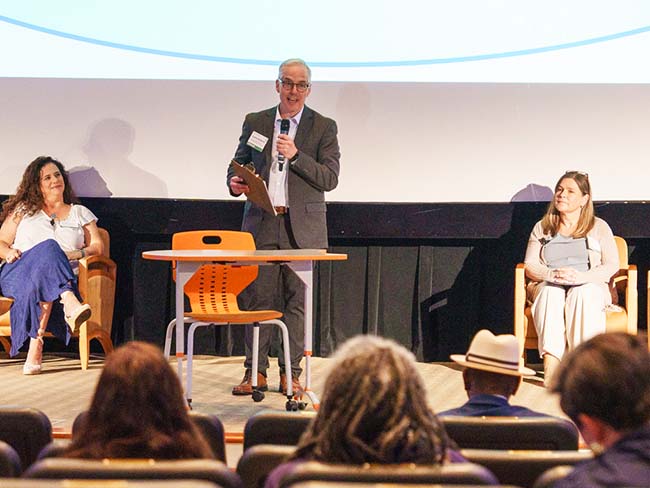
Curtis Robbins, community health program manager at Kaiser Permanente, introduces a panel on mental health and resilience in Colorado schools.
Experts from multiple Colorado school districts, Children’s Hospital Colorado, the Public Education & Business Coalition, and the Colorado Education Initiative discussed solutions such as student-level interventions and school district budget structure. All of which, the experts said, need to work together.
Districts can support teachers by offering social-emotional curriculum and coaching. Teachers can use that curriculum and schools can equip parents with the same tools, so kids have a consistent journey toward social and emotional growth at home and school.
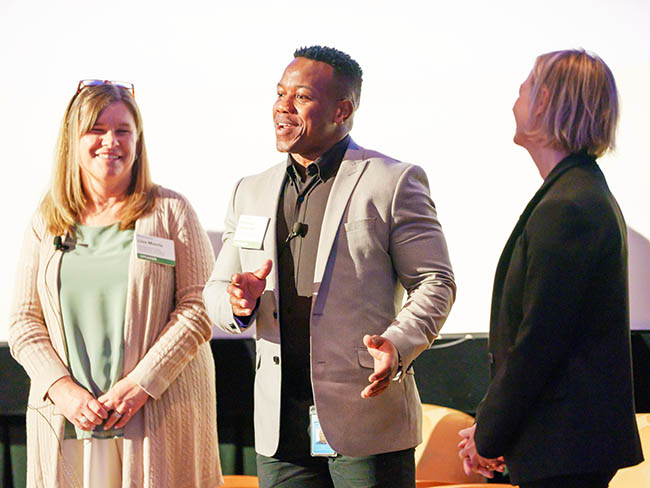
Panelists Lisa Morris and Tracy Lippard, MD, watch Marccus Spearman, manager of Trauma Informed and Restorative Practices at Denver Public Schools, discuss student and teacher mental health support.
The panel also suggested involving students as a part of the solution to mental health, because peer support can sometimes be more impactful.
The Colorado Health Action Summit followed Kaiser Permanente’s larger Health Action Summit in April, which focused on several health equity topics and kicked off Kaiser Permanente’s new Food Is Medicine Center of Excellence.
